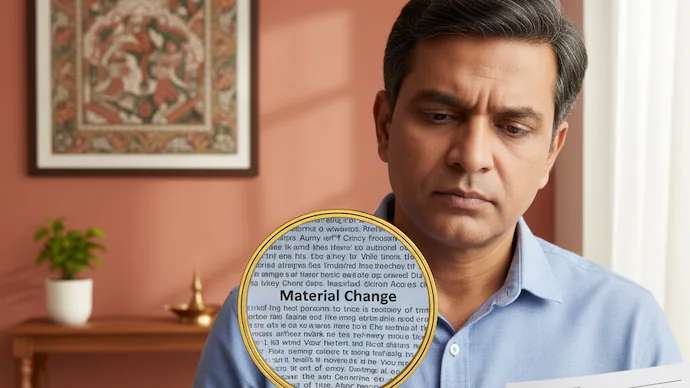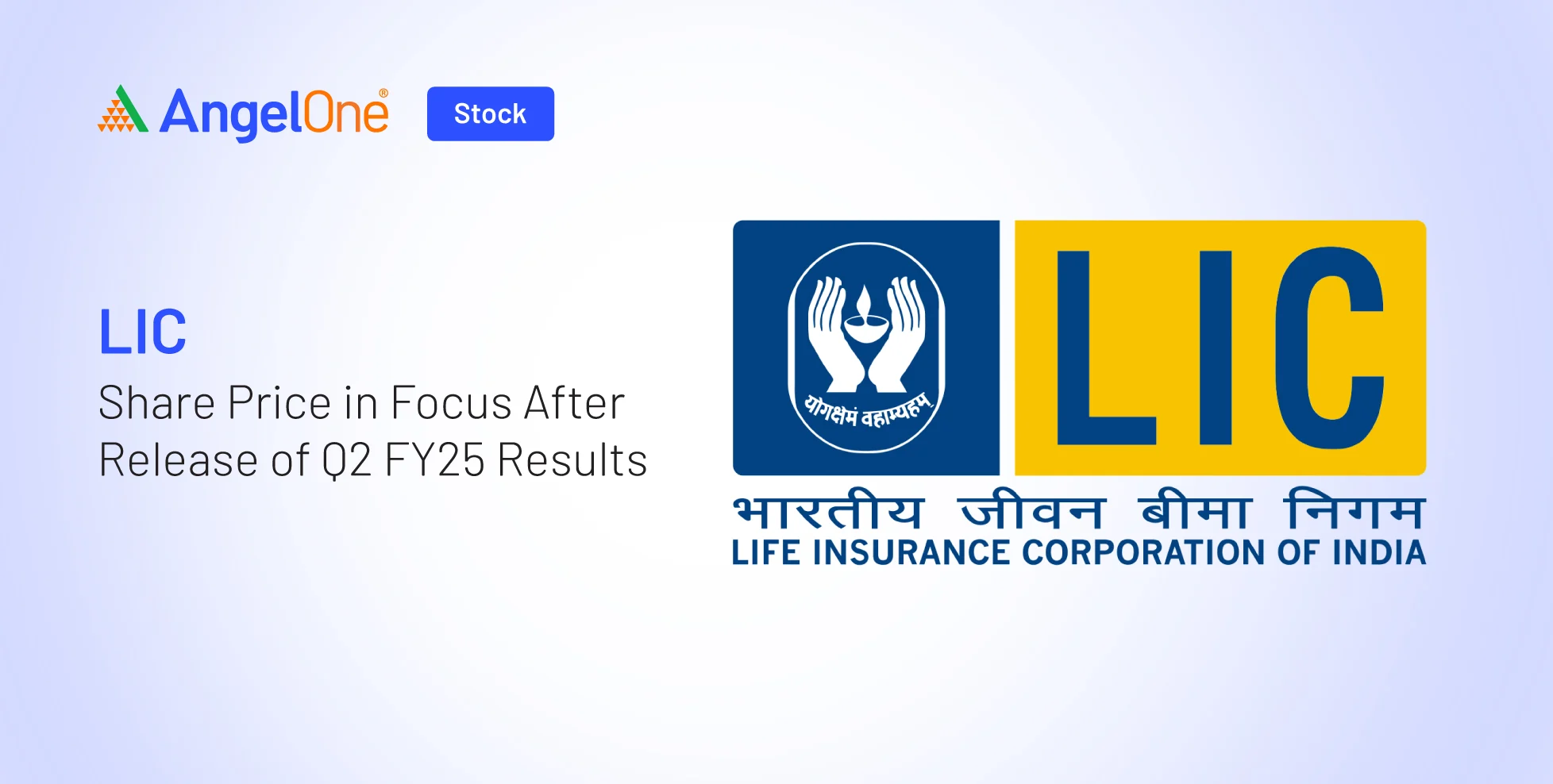TfL Proposes Mandatory Insurance: Transport for London (TfL) has unveiled a major new proposal to regulate pedicabs in the capital, aiming to address what many describe as an unfair insurance and regulatory gap between pedicabs and licensed taxis. Currently, pedicabs operate in a largely unregulated manner in London, allowing operators to offer passenger services without mandatory insurance, regular vehicle checks, or criminal record assessments. This regulatory gap has long been a source of controversy, particularly among London’s licensed taxi drivers who argue that they face significantly higher insurance and operational costs while competing with unregulated pedicabs.
The proposed changes come as part of TfL’s broader strategy to improve road safety and ensure fair competition in passenger transport. As the number of pedicabs on London streets continues to grow, safety, reliability, and fair market practices have become pressing concerns for the transport authority, the public, and industry stakeholders alike. A recent TfL consultation revealed overwhelming support from Londoners, businesses, and industry representatives for stricter regulation, particularly requiring pedicab drivers to carry comprehensive insurance to protect both passengers and other road users.
Marc Loud, director at Park Insurance, one of the industry’s leading providers of specialist pedicab and rickshaw insurance, emphasizes that the proposed changes represent a positive step toward parity. “It’s no different than a taxi, and they should be covered like any taxi driver,” Loud explained, noting the competitive imbalance that exists under the current unregulated system. The new measures are designed to ensure that pedicabs operate in a safe, professional manner while ending unfair practices such as overcharging and loud music disturbances.
What TfLs Proposed Pedicab Regulations Include
Mandatory Insurance Requirement
A key pillar of TfL’s proposal is the compulsory public liability insurance for all pedicab operators in London. Specifically, every pedicab driver will be required to hold a valid public liability insurance policy with a minimum coverage of £5 million or an equivalent policy that offers similar protection. The certificate of insurance must be readily available for inspection by TfL enforcement officers at any time, ensuring full compliance.
Additionally, vehicles will also need insurance covering the carriage of passengers for hire or reward. This ensures that any incidents involving injury or damage to passengers are properly covered, providing peace of mind for both passengers and operators.
Safety and Operational Standards
Beyond insurance, TfL’s proposed regulations introduce several new safety and operational measures, including:
- Vehicle Inspections: Regular checks to verify mechanical soundness and roadworthiness of pedicabs.
- Driver Assessments: Background checks including criminal record screenings and competency evaluations.
- Mandatory Servicing: A structured schedule for servicing pedicabs to ensure they remain in safe working condition.
- Ban on Loud Music: Preventing disruptive noise pollution by prohibiting loud music being played from pedicabs.
- Regulated Fare Structures: Ending overcharging practices by implementing clear fare guidelines.
These measures aim to elevate the professional standards of the pedicab sector while enhancing safety and public confidence.
Read about: Top US Insurance Networks and Alliances for 2025 Revealed: Key Trends Shaping Agent Choices
Industry Reaction and Next Steps
Strong Support from Consultation
During the TfL public consultation period from January to March 2025, an overwhelming 97% of respondents agreed that pedicabs should have appropriate insurance when carrying passengers. This strong public consensus highlights the growing concern for safety and fairness across London’s transport ecosystem.
Marc Loud of Park Insurance confirmed that the industry is well-equipped to meet the new requirements. His firm is already prepared to offer policies up to £10 million in coverage, demonstrating confidence that the sector can adapt without major disruption.

Concerns from the Pedicab Sector
However, not all stakeholders are fully prepared. The London Pedicab Welfare Association (LPWA) has expressed challenges in securing suitable insurance policies for its members. As a non-profit organization, LPWA has requested TfL’s help in arranging compliant insurance solutions, signaling that further industry collaboration will be necessary to ensure smooth implementation.
TfL has pledged to work closely with pedicab operators, the public, and industry bodies to ensure that the regulations are proportionate, enforceable, and deliver real improvements. A six-week consultation period will follow before the regulations are finalized, with implementation planned for early 2026.
Conclusion: Towards Fairer and Safer Pedicab Operations in London
TfL’s proposed pedicab regulations mark a significant step toward creating a fair and safe passenger transport ecosystem in London. By requiring £5 million public liability insurance and standardized safety measures, the new rules will bring pedicabs in line with licensed taxis, addressing long-standing concerns from the industry.
These reforms are not just about fair competition—they are about safeguarding the public. With almost all respondents in TfL’s consultation supporting insurance requirements, the call for change is loud and clear. Enforcing regular vehicle checks, driver background screenings, and fare regulation will help prevent irresponsible practices and reduce the risk of accidents.
Marc Loud’s perspective highlights the need for parity: “It’s unfair that someone can go and get a pedicab and yet a taxi driver that has got a lot of insurance is paying several thousand pounds.” This sentiment underlines the imbalance the new regulation seeks to correct.
As the industry prepares for these changes, collaboration between TfL, the LPWA, and insurance providers will be crucial to delivering a seamless transition. With enforcement slated for early 2026, both passengers and operators can expect a safer, more professional pedicab service across London.
Also read: Geely EX5 Review: The New £32k Electric SUV Rivalling Skoda Enyaq in the UK
Frequently Asked Questions
1. Why does TfL want to introduce compulsory insurance for pedicab drivers?
TfL aims to enhance safety, ensure fair competition, and hold pedicab operators accountable by introducing a compulsory £5 million public liability insurance requirement. This ensures that passengers and third parties are properly protected in the event of accidents, aligning pedicabs with licensed taxis.
2. What other safety measures are being proposed by TfL?
Alongside insurance, TfL proposes regular vehicle inspections, criminal record checks, driver assessments, mandatory servicing schedules, banning loud music, and regulating fare structures. These measures promote professional and safe operations within the pedicab industry.
3. When will the new pedicab regulations take effect?
After a six-week consultation period with stakeholders, TfL plans to implement the new regulations in early 2026, providing time for operators to adapt to the new licensing and insurance requirements.
4. How will the new rules affect pedicab operators?
Pedicab operators will need to secure appropriate insurance, maintain regular vehicle servicing, and meet driver competency standards. While the London Pedicab Welfare Association (LPWA) has indicated challenges in sourcing suitable policies, insurance providers are prepared to meet the new demand, making the transition feasible.
5. Will the new regulations help reduce overcharging and noise issues?
Yes. The proposed rules aim to regulate fare structures to prevent overcharging and ban loud music, ensuring a more professional, customer-friendly, and compliant service. This will help improve the public perception of pedicabs and increase overall safety on London roads.






